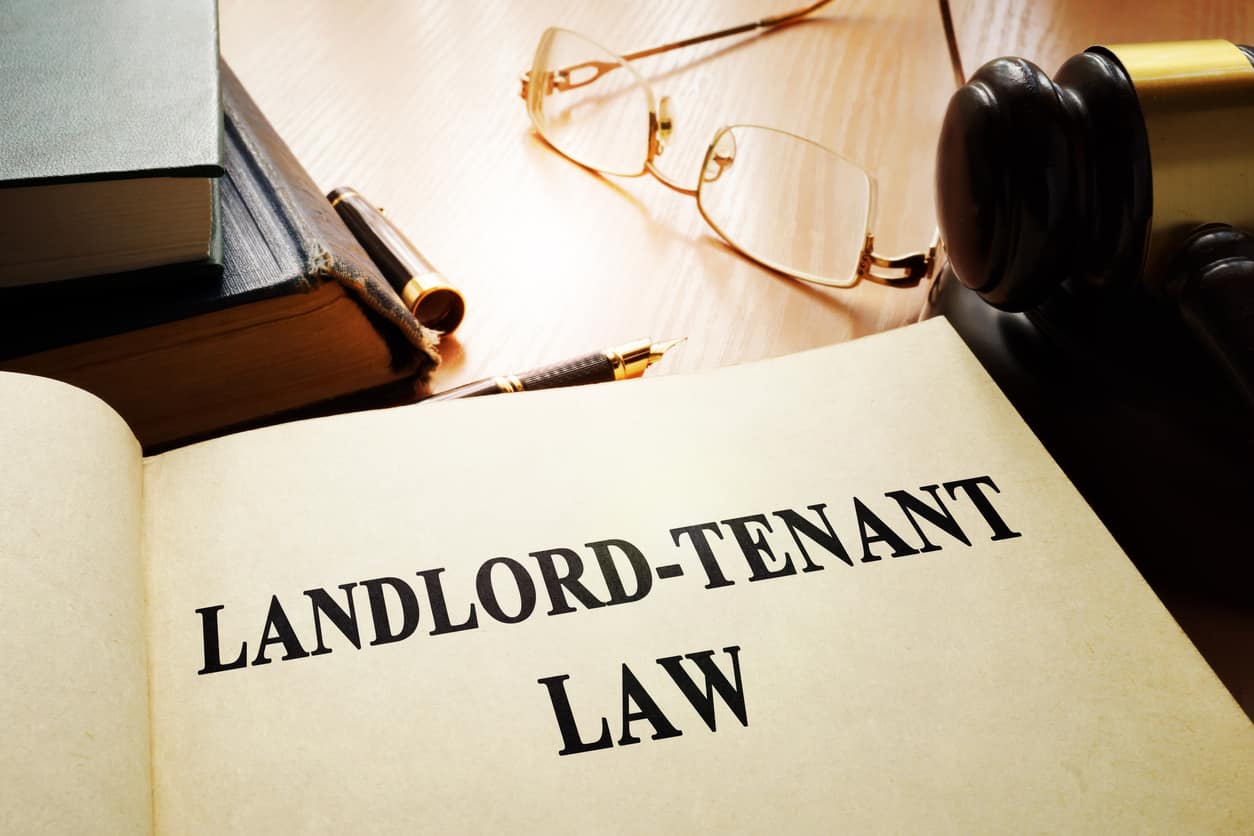Commercial leases are in place to provide critical guidance to landlords and tenants. These agreements should be clear and enforceable, as any inconsistencies, vague terms or missing information can spark disputes later on.
For instance, Texas-based grocer Whole Foods is involved in a dispute regarding one of its stores in another state. The store and the landlord are battling over the closing of the store, which became necessary after owners learned that it was infested with pests, including rodents and insects.
According to the terms of the commercial lease both parties signed, store closures are permitted, as long as they are not in excess of 60 days. This location has been closed since March 13, and there are no immediate plans to open until a massive renovation is completed.
However, Whole Foods argues that the landlord will not sign off on the renovations, and the grocer filed a lawsuit after it received a notice of default from the landlord.
On the one hand, it makes sense that Whole Foods would need more than 60 days to renovate the location to remedy the infestation problem.
On the other hand, the lease agreement states that the 60-day limit can be extended only in situations where the extension stems from matters beyond the control of either the landlord or the tenant
Now it will be up to the courts to determine if the planned renovation meets the standard necessary to qualify for an extension.
This case is a good example of how two sides can have two different opinions on a seemingly clear element in a lease agreement. One side can see an exemption or exception as reasonable, while the other side has a very different take on the matter.
When there is money and real estate on the line, it can be crucial to fight for your side to prevail.
If you are a commercial landlord involved in a dispute with a tenant over the terms of your lease, it can be crucial that you consult an attorney who can help you make your case. With legal guidance, you can request that the courts enforce the terms of a lease agreement or find a way to resolve the matter directly with the tenant.



